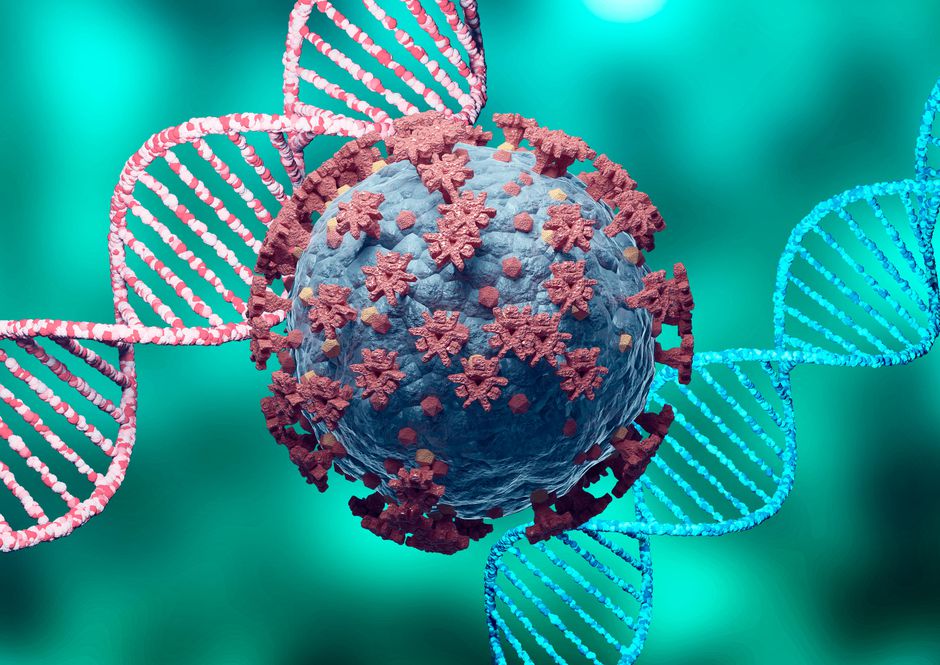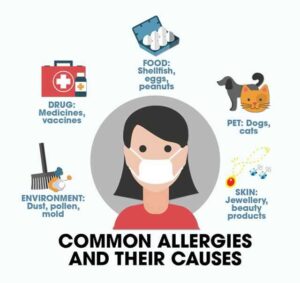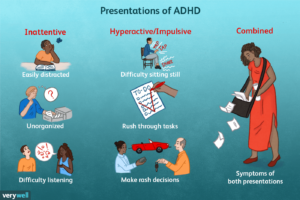What to Know About the Delta Plus Variant Right Now

What to Know About the Delta Plus Variant Right Now
- Delta Plus — which refers to the three subtypes AY.1, AY.2, and AY.3 — looks very similar to the original Delta variant, but it contains a couple changes.
- The Delta variant accounts for more than 90 percent of COVID-19 cases in the United States.
- There’s no evidence to suggest that Delta Plus is any more of a problem than the original Delta variant.
The Delta variant, which accounts for more than 90 percent of COVID-19 cases in the United States, has picked up new mutations and broken off into a few subtypes, which are being classified as Delta Plus.
Delta Plus — which refers to the three subtypes AY.1, AY.2, and AY.3 — looks very similar to the original Delta variant, but it contains a couple changes.
There’s currently no evidence suggesting that Delta Plus is going to become more of an issue than Delta.
“Right now, there is no reason to believe that Delta Plus is going to pose any more challenge above and beyond Delta — but, obviously, we need more data to [know that] definitively,” Dr. Amesh Adalja, a senior scholar at the Johns Hopkins University Center for Health Security and an infectious disease expert, told Healthline.
How is Delta Plus different?
Each variant has a certain set of mutations.
Delta, for example, has a set of mutations that make it excellent at infecting people, explained Dr. F. Perry Wilson, a Yale Medicine physician and researcher at Yale School of Medicine.
“That’s why it’s so rapidly taking over,” Wilson said.
Because Delta is the dominant variant circulating, we’ll see it continue to mutate as it infects new people.
“Most of those mutations are not going to have significance, but there may be some that do,” Adalja said.
Delta Plus arose from Delta, probably in people who contracted an infection with the Delta variant. It shares almost all the same genetic code as the original Delta variant, but it contains some differences.
One of its mutationsTrusted Source was also identified in the Beta variant, first detected in South Africa, according to Wilson.
This mutation is thought to confer some resistanceTrusted Source to the monoclonal antibody treatments given to people with severe COVID-19. But those treatments aren’t a mainstay of the defense against COVID-19.
According to Adalja, Delta Plus doesn’t appear to behave differently from Delta.
“[I haven’t seen anything] definitive that the additional mutation that’s being tracked in Delta Plus has any major impact on how the virus behaves,” Adalja told Healthline.
Delta Plus isn’t taking over
When a new variant emerges, scientists closely monitor it to see how it behaves differently and if it starts taking over.
Any variant that has an advantage — i.e., if it’s more transmissible or can evade the vaccines — would likely start to take over, as the original Delta variant did.
This, fortunately, doesn’t appear to be the case with Delta Plus, according to Wilson.
Delta plus cases “are not really taking over at all. They, over the past 6 weeks or so, been pretty stable,” he said.
According to Adalja, more information is needed to better understand if and how Delta Plus behaves differently.
Delta Plus has been detected in the United States, but whether it’s able to outcompete the original Delta variant remains to be seen.
Does it impact the vaccines?
Whenever a new variant appears, the big question that follows is whether it will bypass the vaccines.
“The real concern is whether the variant can evade the immunity conferred by vaccination — and there’s no real evidence that Delta Plus can do that any better than Delta,” Wilson said.
Adalja said some people think the vaccines will completely eliminate COVID-19 — but that’s not the purpose of them.
“When it comes to Delta Plus, or any of the variants that we’ve seen thus far, the vaccines perform at what they were designed to do: stop serious disease, hospitalization, and death,” Adalja said.
Vaccines do a lot more than just trigger the production of neutralizing antibodies.
They also confer immunity through T cells and memory B cells — which are known to be long lasting and effective at preventing severe illness, even with variants.
As a result, it’s difficult for a variant to render the vaccines useless.
“That’s something that’s really hard for viruses to do in terms of mutations,” Adalja said.
The bottom line
The Delta variant, which accounts for more than 90 percent of COVID-19 cases in the United States, has picked up new mutations and broken off into a few subtypes, which are being classified as Delta Plus.
There’s no evidence to suggest that Delta Plus is any more of a problem than the original Delta variant. But we need more information to determine if and how the subtypes may behave differently.








